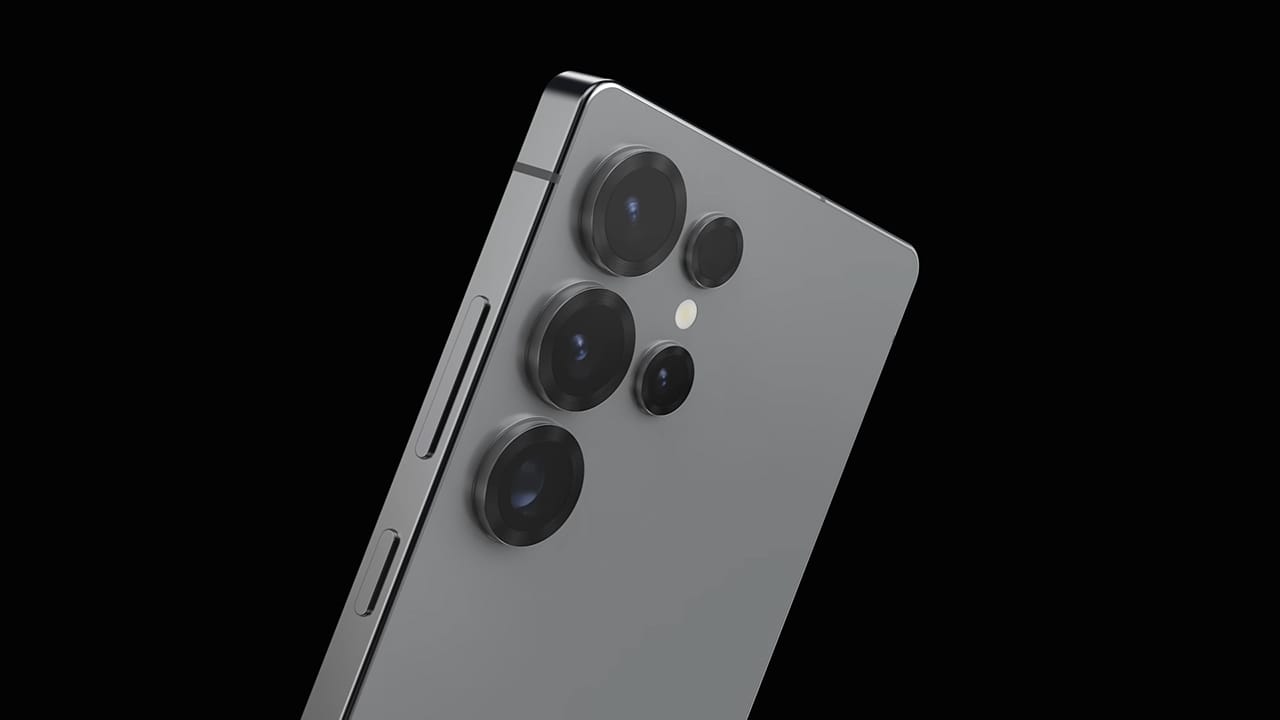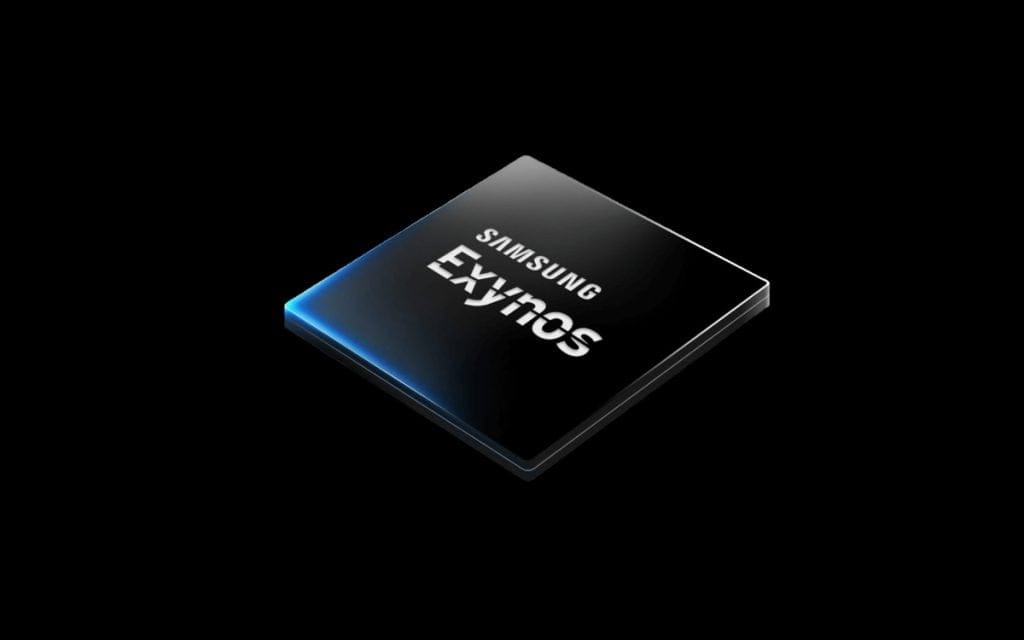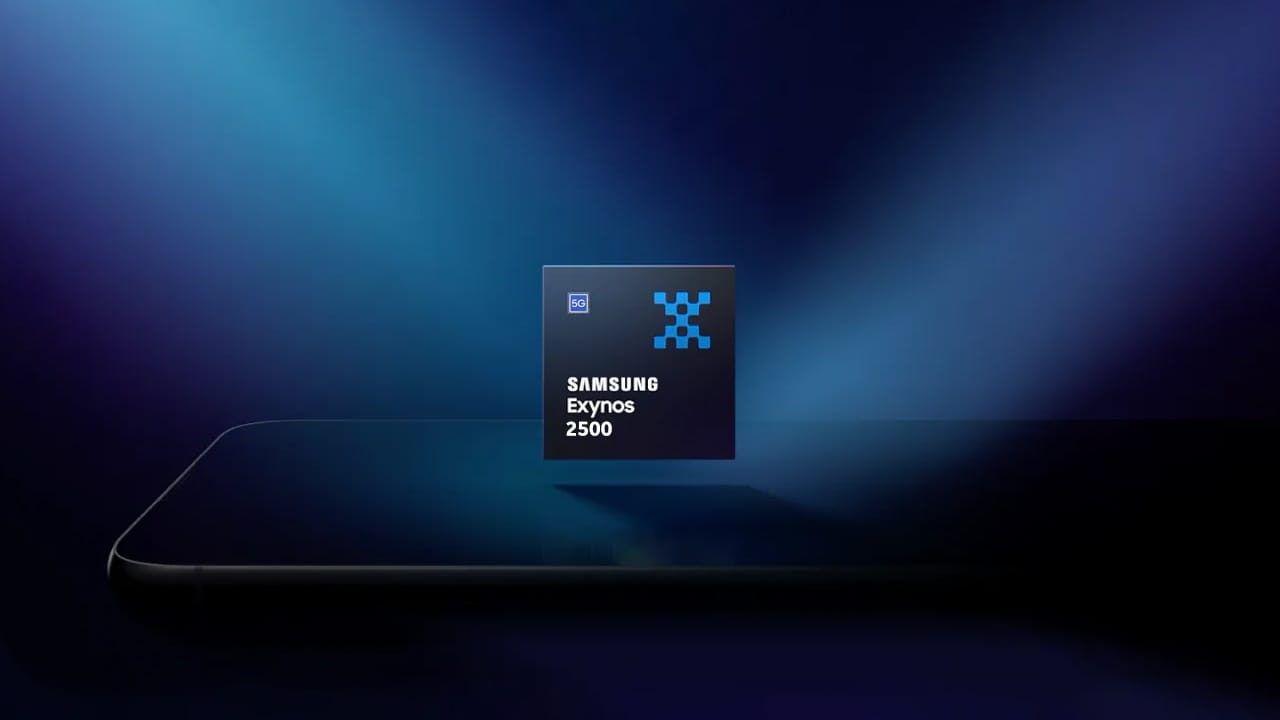Samsung has recently unveiled its Galaxy S25 series worldwide, showcasing the robust Snapdragon 8 Elite chipset. In the previous year, the firm encountered major difficulties in keeping a smooth chipset production flow. Problems within its organizational framework and manufacturing prompted doubts about whether Samsung would completely close its leading chipset division.
Recovery and Future Prospects
Despite the hurdles, the company was able to bounce back. Speculations surrounding the forthcoming Exynos 2500 chipset have been making the rounds since last year. At first, there were claims that Samsung planned to integrate this chipset into the S25 series, but issues with production yields held it back.
Exynos 2500 Chipset Insights
Subsequent leaks indicated that Samsung aims to introduce the Exynos 2500 with the next Galaxy Z Flip 7. This was further confirmed by a series of leaks from December 2024. Recently, a tipster known as Jukanlosreve shared more insights on X (previously Twitter), detailing the architecture and critical features of the chipset.
As per the leak, the Exynos 2500 will come equipped with a 10-core CPU, akin to the Exynos 2400, but it adopts a new 1+2+5+2 setup. This CPU will consist of one Cortex-X925 core running at 3.3GHz for top-tier performance, two Cortex-A725 cores clocked at 2.75GHz for heavy tasks, five Cortex-A725 cores at 2.36GHz for balanced efficiency, and two Cortex-A520 cores at 1.8GHz to enhance power savings.
Advanced Graphics and Memory Solutions
The chipset will also incorporate Samsung’s innovative Xclipse 950 GPU, based on AMD’s RDNA3.5 architecture. This GPU boasts eight custom Work Group Processors operating at 1.3GHz, promising notable advancements in graphics and computing capabilities.
Samsung is complementing this chipset with high-speed memory and storage options, featuring 9.6Gbps quad-channel LPDDR5X memory and UFS 4.x storage for rapid data retrieval. The Exynos 2500 will also include an NPU capable of 56 TOPS, support for a 320MP ISP, and the capacity to capture 8K videos at 60fps. Nevertheless, the Galaxy Z Flip 7 is not expected to include such high-resolution camera technology.
Looking Ahead
The Galaxy Z Flip 7 is anticipated to debut in late 2025 and is set to be a flagship testing platform for Samsung’s 3nm GAA manufacturing process. With a limited production run of only 3 million units, this foldable device will act as a testing ground for the advanced capabilities of Samsung Foundry’s new node technology. If this venture proves successful, the Exynos 2500 may signify a noteworthy comeback for Samsung in the high-end chipset arena. Whether it can stand up against the Dimensity 9400 or Snapdragon 8 Elite is still uncertain.
Source:
Link













